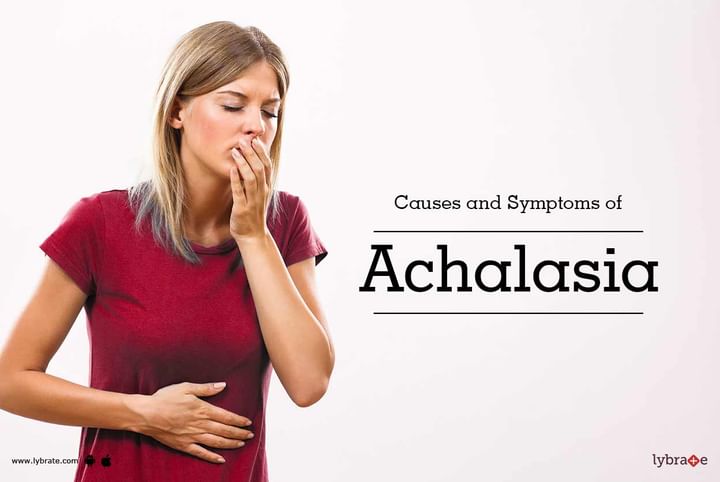Causes and Symptoms of Achalasia
Achalasia is a very rare disease. Normally, your esophagus squeezes food down by making the muscular valve in between the stomach and esophagus relax. Achalasia occurs when this muscular valve is unable to relax and thus the esophagus is unable to squeeze the food down. The most common reason why this happens is because the nerves in your esophagus are damaged. The nerves most commonly get damaged because of abnormalities in the way your immune system responds. Till now, there is no cure to achalasia; however, surgery or minimally invasive therapy can make the symptoms of achalasia more manageable. Here are all the causes and symptoms of achalasia:
Symptoms:
- Difficulty swallowing: The difficulty you face when swallowing food is the most common symptom of achalasia. Both liquid as well as solid food will be hard to swallow.
- Regurgitation: If the food is regurgitating in the night, then the lungs may have been inhaling some food. This is very serious and you should see the doctor immediately if this occurs.
- Chest pain: You may suddenly experience chest pain from a completely unknown cause.
- Weight loss: You may also suffer from sudden weight loss if you have achalasia. This is due to the reduced amount of food you will be consuming.
- Heartburn: Heartburn is when you have a very intense burning pain in your chest just behind your breastbone which is most commonly caused by regurgitation in your esophagus.
Causes:
The exact cause of achalasia is not yet known. However, there are some theories on what causes achalasia. Here they are.
- Genes: The most common cause of achalasia is genes.
- Autoimmune disease: An autoimmune disease is when your immune system attacks your body's own cells. Achalasia is a type of autoimmune disease.
- Infection: There have also been a lot of claims that infections are the cause of achalasia.



+1.svg)
